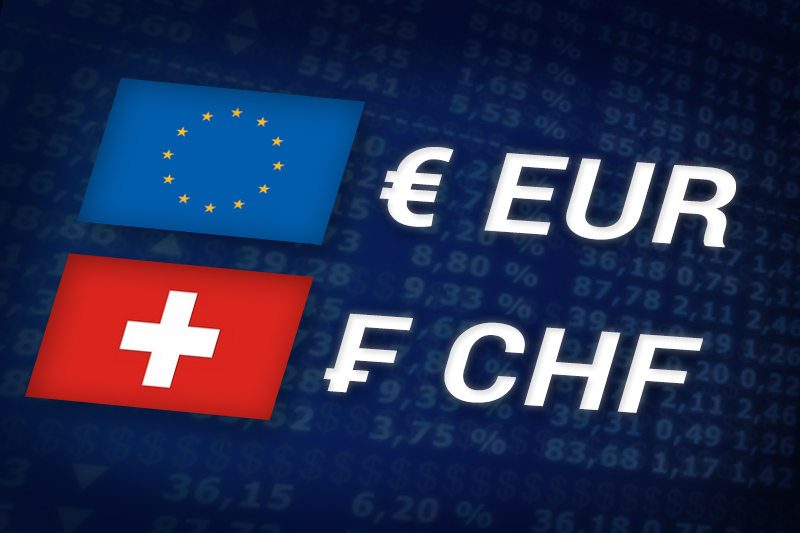Investing.com – The euro was unchanged against the Swiss franc on Wednesday, trading close to its newly established rate cap after the Swiss National Bank acted Tuesday to rein in the soaring franc.
EUR/CHF hit 1.2035 during European afternoon trade, the daily low; the pair subsequently consolidated at 1.2063, dipping 0.02%.
The pair was likely to find support at 1.1975, the low of July 7 and short-term resistance at 1.2081, the days high.
On Tuesday, Switzerland’s central bank said it had set a minimum exchange rate target of 1.20 per euro for the Swiss franc, adding that it was prepared to defend this rate by purchasing foreign currency in unlimited quantities.
The SNB said the massive overvaluation of the franc posed an acute threat to the Swiss economy and carried a risk of deflation.
Meanwhile, concerns over the sovereign debt crisis in the euro zone remained in the spotlight on Wednesday after Germany’s high court upheld the legality of Greece’s bailout but ruled that the country’s parliament must approve future euro zone rescue packages.
The ruling may make it more difficult for the euro zone to respond quickly in delivering financial aid to indebted member states.
Elsewhere, the European Union Commission said that an international mission would return to Greece in mid-September to resume stalled talks on the country’s next tranche of financial aid.
The euro edged lower against the yen, with EUR/JPY slipping 0.17% to hit 108.50.
Also Wednesday, official data showed that German factory production rose significantly more-than-expected in July.
Germany’s federal statistical office said industrial production climbed by a seasonally adjusted 4.0% in July, blowing past expectations for a 0.5% gain.
EUR/CHF hit 1.2035 during European afternoon trade, the daily low; the pair subsequently consolidated at 1.2063, dipping 0.02%.
The pair was likely to find support at 1.1975, the low of July 7 and short-term resistance at 1.2081, the days high.
On Tuesday, Switzerland’s central bank said it had set a minimum exchange rate target of 1.20 per euro for the Swiss franc, adding that it was prepared to defend this rate by purchasing foreign currency in unlimited quantities.
The SNB said the massive overvaluation of the franc posed an acute threat to the Swiss economy and carried a risk of deflation.
Meanwhile, concerns over the sovereign debt crisis in the euro zone remained in the spotlight on Wednesday after Germany’s high court upheld the legality of Greece’s bailout but ruled that the country’s parliament must approve future euro zone rescue packages.
The ruling may make it more difficult for the euro zone to respond quickly in delivering financial aid to indebted member states.
Elsewhere, the European Union Commission said that an international mission would return to Greece in mid-September to resume stalled talks on the country’s next tranche of financial aid.
The euro edged lower against the yen, with EUR/JPY slipping 0.17% to hit 108.50.
Also Wednesday, official data showed that German factory production rose significantly more-than-expected in July.
Germany’s federal statistical office said industrial production climbed by a seasonally adjusted 4.0% in July, blowing past expectations for a 0.5% gain.
